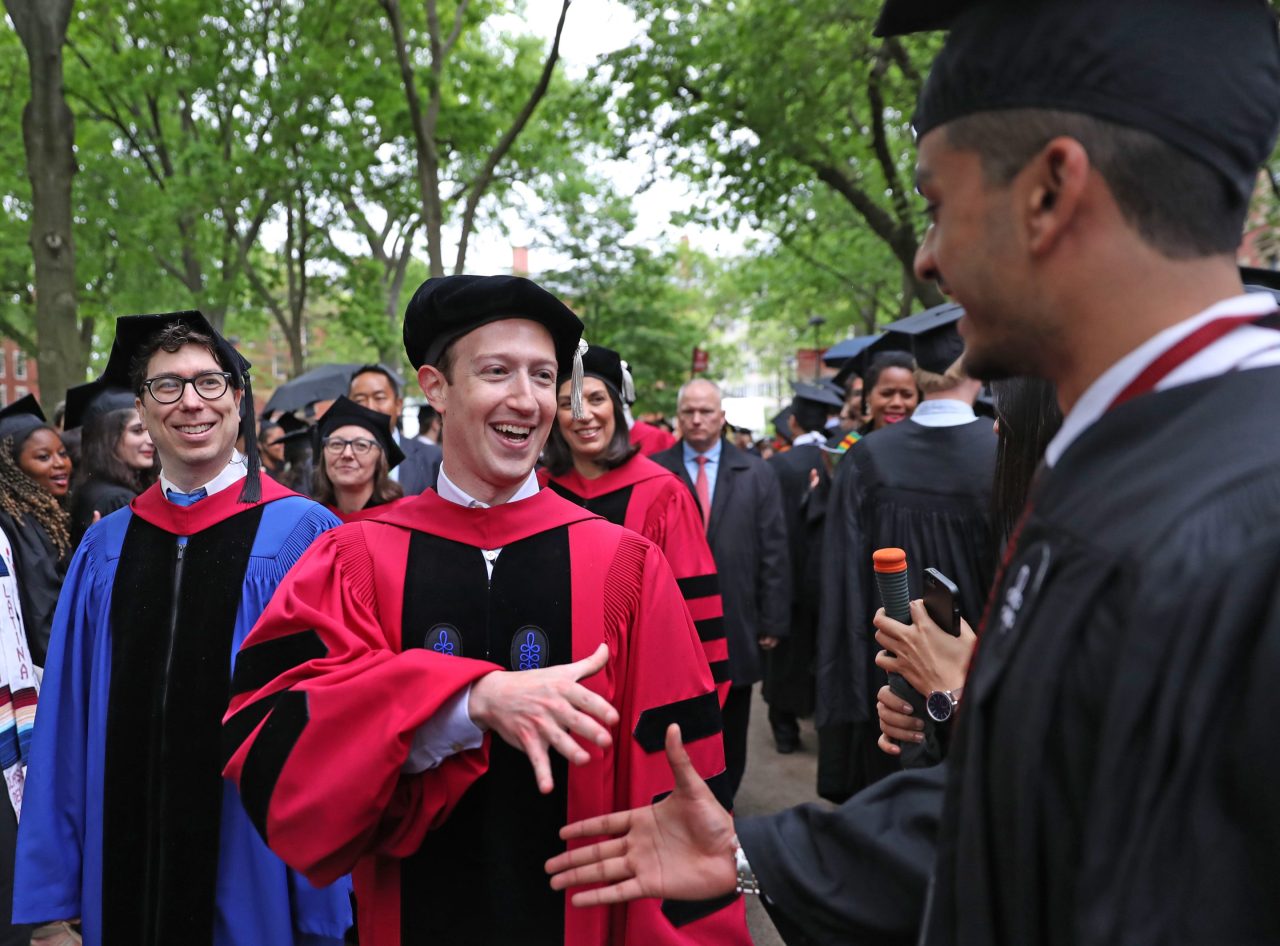AltSchool, the ambitious tech-driven educational startup backed by Mark Zuckerberg and other Silicon Valley investors, will officially shut its doors in 2026. Here’s why it failed to live up to the hype.
Introduction
Once considered a bold experiment in education reform, AltSchool—a Silicon Valley-based network of private micro-schools backed by Mark Zuckerberg’s philanthropic fund—will officially shut down by 2026. Launched with high expectations and millions in funding from top-tier tech leaders, the school aimed to revolutionize education using personalized learning powered by technology.
However, after nearly a decade, AltSchool’s journey is coming to an end, raising important questions about the limitations of edtech and the real-world complexities of educational innovation.
The Vision: Personalized Learning at Scale
AltSchool was founded in 2013 by Max Ventilla, a former Google executive, with a mission to create a new model of education using cutting-edge technology, AI, and data to customize learning experiences for each student. The idea was to move away from traditional one-size-fits-all classrooms and empower students to learn at their own pace.
The concept attracted major investment—over $170 million from venture capital firms and tech giants including Mark Zuckerberg and Priscilla Chan’s Chan Zuckerberg Initiative (CZI), Andreessen Horowitz, and Founders Fund.
What Went Wrong?
Despite the promise and initial buzz, AltSchool struggled to scale its model effectively. Here are the major reasons the school is closing:
1. High Operational Costs
Running small micro-schools with personalized instruction required significant staffing and tech support. Unlike traditional schools, the cost per student was extremely high, making long-term financial sustainability difficult.
2. Over-Reliance on Technology
While technology was meant to enhance learning, many educators and parents felt that it became a barrier to social development and creativity. Critics argued that the school focused too heavily on screen-based learning, leaving out essential aspects of human interaction and emotional development.
3. Lack of Clear Academic Outcomes
Despite the tech-driven model, AltSchool failed to deliver measurable improvements in student performance compared to traditional schools. This led to dissatisfaction among parents and reduced enrollment over time.
4. Pivot to Software Didn’t Work
In 2017, AltSchool began shifting focus from operating schools to selling its personalized learning platform to other schools. However, this pivot came too late, and the platform struggled to gain traction in a competitive edtech market.
Lessons Learned from AltSchool’s Failure
AltSchool’s rise and fall highlight a few key lessons for the future of education innovation:
- Technology should support, not replace, educators.
- Scalability must be considered from the start.
- Community, emotional intelligence, and real-world skills matter as much as academic content.
- Education innovation must be rooted in long-term sustainability, not just Silicon Valley-style disruption.
The Bigger Picture: EdTech in 2025 and Beyond
AltSchool’s closure doesn’t mean the end of edtech. In fact, the space is more vibrant than ever, with AI-powered platforms, virtual learning, and hybrid models taking center stage. But the story of AltSchool serves as a powerful reminder that tech alone isn’t a silver bullet for education reform.
Successful educational models must strike a balance between innovation and empathy, efficiency and engagement, and most importantly, between technology and teachers.
Conclusion
AltSchool’s closure in 2026 marks the end of one of Silicon Valley’s most ambitious experiments in education. While its personalized learning vision may have been ahead of its time, the real-world execution fell short. As the education landscape continues to evolve, the fall of AltSchool will likely become a case study in both ambition and caution—a reminder that transforming education requires more than just smart software and deep pockets.




